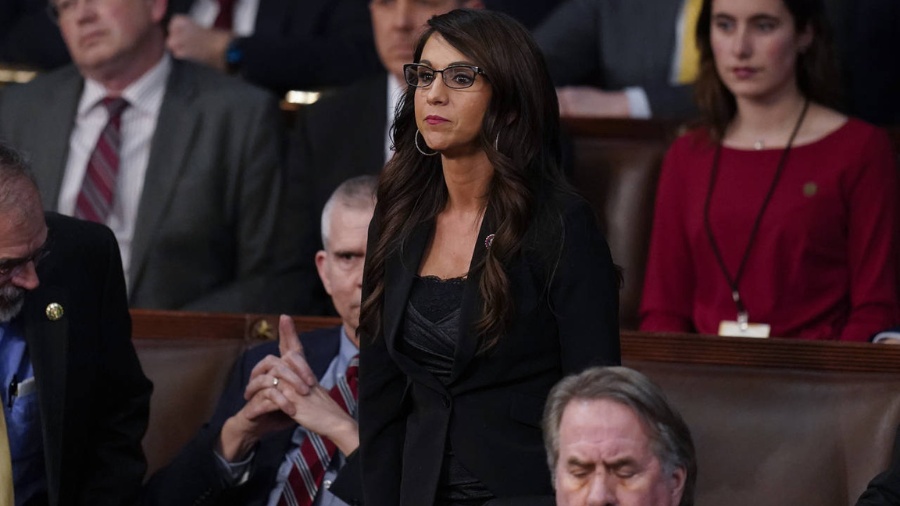Seattle’s income tax proposal explained
May 4, 2017, 5:51 AM | Updated: 1:19 pm
Seattle seems intent on moving its income tax proposal forward and it aims to push it right into the Supreme Court. There, it will be decided if a city income tax can stand up to state law.
RELATED: Seattle city council unanimously passes income tax resolution
But why is the income tax such a battle and how does the city plan on arguing for the tax? Former state attorney general Rob McKenna explained to KIRO Radio’s Dave Ross what residents should expect as the city heads to court.
“What the City of Seattle would have to do is persuade the Supreme Court to overlook its own precedent, which it could do by redefining the concept of property in Washington state …” McKenna said. “They would also have to persuade the Supreme Court to ignore an existing state statute that prohibits counties, cities … from imposing a tax on net income.”
Seattle’s income tax in court
That precedence McKenna refers to is a decision that Washington’s Supreme Court made in the 1930s. The court concluded that income is property, and the state’s constitution declares that all property must be taxed uniformly — 1 percent unless other measures are taken. It’s the decision that prevents many income tax efforts from getting too far.
“Therefore, you can tax income, but you have to do so at a uniform rate,” McKenna said.
So what is stopping lawmakers from establishing such a tax?
“Because advocates for an income tax want a progressive income tax, which is what we have at the federal level and what (other) states have — they are shooting for the whole enchilada here,” McKenna said. “They want the Supreme Court to overturn its own precedent.”
There is another option for proponents of the Seattle tax — to amend the state constitution. That would require two-thirds approval from the House and Senate and also garner voter approval, though McKenna said that is unlikely.
Voters are a factor that proponents may be missing.
“There’s a third hurdle, which isn’t constitutional and doesn’t involve going to court, but it’s voter sentiment,” McKenna said. “Even if the City of Seattle persuades the Supreme Court that it can have a city income tax that doesn’t violate the Constitution, or if the legislature chose to do the same thing, I think voters would overturn it at the next election by initiative. If history is any guide, I think it’s seven to nine times that voters have turned down an income tax when it’s been on the ballot. I predict they would do the same thing to stop an income tax from being adopted.”
“It reminds me of Oregon,” he said, citing an opposite scenario. “Oregon doesn’t have a sales tax, but it has an income tax and voters have repeatedly been asked to adopt a sales tax and they refuse to do so.”
So Washington’s income tax laws leave some room for a court battle, but if you read them as they stand, Ross points out, lawmakers could try to pass a 1 percent tax on wealth right now.
“Potentially,” McKenna said. “We already have taxes on personal property and real estate. Off the top of my head, I can’t think of a barrier to that other than common sense and political sensibility.”














